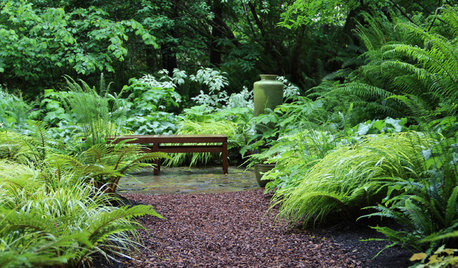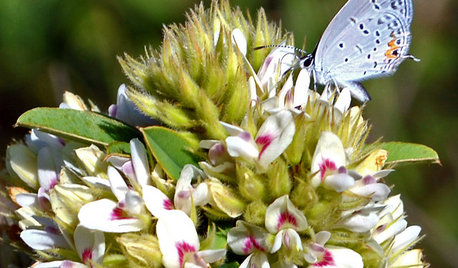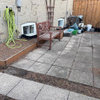Leaf Compost or soil
jasoncoco
15 years ago
Featured Answer
Sort by:Oldest
Comments (12)
gardengal48 (PNW Z8/9)
15 years agoKimmsr
15 years agoRelated Professionals
Eden Prairie Landscape Architects & Landscape Designers · Brooklyn Center Landscape Architects & Landscape Designers · Edmond Landscape Contractors · Lantana Landscape Contractors · Parkland Landscape Contractors · Placerville Landscape Contractors · Santa Maria Landscape Contractors · Wentzville Landscape Contractors · Aberdeen Decks, Patios & Outdoor Enclosures · Crestline Decks, Patios & Outdoor Enclosures · Harrisburg Decks, Patios & Outdoor Enclosures · Knoxville Decks, Patios & Outdoor Enclosures · Lakewood Decks, Patios & Outdoor Enclosures · Pittsburgh Decks, Patios & Outdoor Enclosures · Randolph Decks, Patios & Outdoor Enclosuresrhizo_1 (North AL) zone 7
15 years agotapla (mid-Michigan, USDA z5b-6a)
15 years agoKimmsr
15 years agojasoncoco
15 years agoknittlin
15 years agoKimmsr
15 years agojustaguy2
15 years agogardengal48 (PNW Z8/9)
15 years agojustaguy2
15 years ago
Related Stories

GARDENING GUIDESHouzz TV: Make a Worm Bin for Rich Soil and Happy Plants
A worm-powered compost bin that can fit under a sink turns food scraps into a powerful amendment for your garden. Here’s how to make one
Full Story
GARDENING GUIDESGet on a Composting Kick (Hello, Free Fertilizer!)
Quit shelling out for pricey substitutes that aren’t even as good. Here’s how to give your soil the best while lightening your trash load
Full Story
GARDENING GUIDESGardening Solutions for Heavy Clay Soils
What’s a gardener to do with soil that’s easily compacted and has poor drainage? Find out here
Full Story
FARM YOUR YARDHow to Get Good Soil for Your Edible Garden
The nutrients in your soil feed the plants that feed you. Here are tips on getting it right — just in time for planting season
Full Story
GARDENING GUIDESHow to Stop Worrying and Start Loving Clay Soil
Clay has many more benefits than you might imagine
Full Story
GARDENING GUIDESGet the Dirt on Your Garden’s Soil
Understand how your soil supports your plants so you can ensure your garden’s success
Full Story
GARDENING GUIDESHow to Pick a Mulch — and Why Your Soil Wants It
There's more to topdressing than shredded wood. Learn about mulch types, costs and design considerations here
Full Story
GARDENING GUIDES10 Solutions for Soggy Soil
If a too-wet garden is raining on your parade, try these water-loving plants and other ideas for handling all of that H2O
Full Story
GARDENING GUIDESThe Poop Scoop: Enrich Your Soil With Good Old Manure
Get over the ick factor already — this natural super-ingredient for soil has so many benefits, you'll wonder why you ever went chemical
Full Story
GARDENING GUIDES5 Prairie Wildflowers That Can Heal Your Soil
Get free, organic soil fertilizer with nitrogen-pumping plants that draw pollinators too
Full Story








gardengal48 (PNW Z8/9)